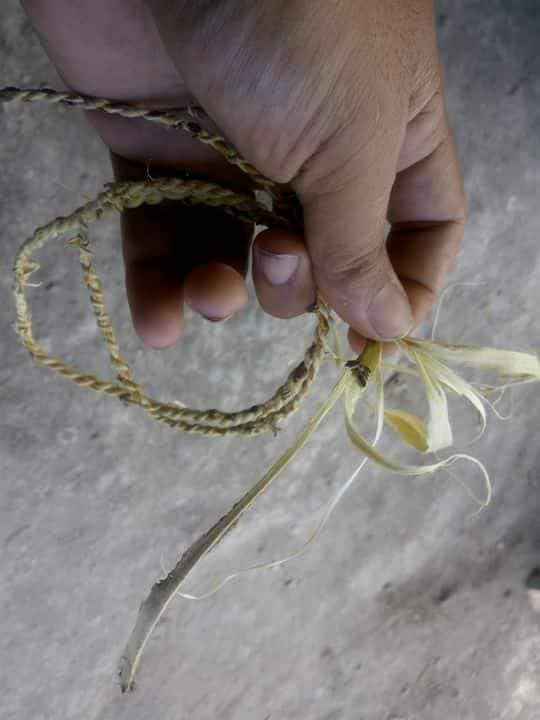SURVIVAL
Survival training is a theoretical and physical practice where participants aim to survive in the wilderness with as little means as possible. Survival training is used to teach survival skills or as a form of recreational but physical activity in which individuals are generally challenged to sustain their basic needs (self-aid), such as food, water, and shelter, in a unpopulated area, with little or only natural resources available. Survival training is what the military teaches our soldiers, pilots and seaman in order for them to stay alive in a remote or hostile environment.


Survival training is designed to teach individuals a variety of necessary skills in the shortest possible time to staying alive until rescue arrives. Many civilian activities and extreme sports such as mountaineering, climbing, hiking, or even camping would require a survival type training relevant to their activity to be undertaken in order to be safe and prepared in their chosen wilderness trips.
Survival type training is typically focused around a 3-day emergency situation where something has gone wrong, be it an unforseen travel accident, a plane crash, natural disaster, surviving a war zone, or getting out alive from being lost in the jungle. It is primarily equipment focussed or improvising with the items you have at hand in order to get out of a SHTF situation and make it back to “civilisation” or to safety as quickly as possible with little or no regard for nature or the environment in the process. In a survival scenario, you disregard all ethical and environmental concerns in order to stay alive.

BUSHCRAFT
Bushcraft on the other hand is much more focused on utilizing and optimizing one’s knowledge and widlerness skills with minimal reliance on equipment while at the same time leaning towards the preservation and ethically utilizing nature while developing skills at camp. Bushcraft resonates from the knowledge and skills that traditional and primitive cultures across the world have used for thousands of years in order to survive and thrive in the wilderness.



The origin of the phrase “bushcraft” comes from skills used in the Australian bush. Often the phrases “wilderness skills” or “woodcraft” are used as they describe skills used all over the world. Bushcraft is all about venturing into the wilderness with minimal equipment and improvising everything else you need from what you can find around you. It requires a detailed knowledge of the plants, familiarizing with the animals natural habitat, and being able to adapt with the elements of the natural world that surrounds us, thus contrasting to the absurd amount of unnecessary equipment, relying on gear and lack of knowledge that modern camping has become. With just a little but essential skill and a cutting tool, you can make everything you need in the outdoors.
Bushcraft and survival may have their similarities and they overlap in terms of their desire for self-aid and self-reliance. However, both practices move away from each other in their desire for connection and relationship to the natural world. In other words, survival and bushcraft is entirely different with each other when talking about their ethical standpoints; they are quite oppositional.

Acquiring such knowledge and wilderness skills makes you more self-reliant and it incredibly increases one’s morale and confidence as an outdoorsman/woman.
As an educator and bushcraft skills practitioner, it is very rewarding to witness the satisfaction among students who ventured in these types of wilderness activities. They feel enriched by the experience and at the end of a course many would pursue in similar training programs and satisfy the thirst for practicing their newly-acquired life-saving skills.

Bushcraft centers its skillset on fire making, natural cordage making, emergency shelters, practical plant identification and uses, land navigation, water procurement, camp crafts, primitive cooking and which helps us reconnect to ancestral knowledge and the old ways. A bushcraft camp would create an environment that somehow rekindles our passion for traditional skills that built the foundations of the survival of human civilization for thousands of years.
Article by: RP Outdoors & Bushcraft
